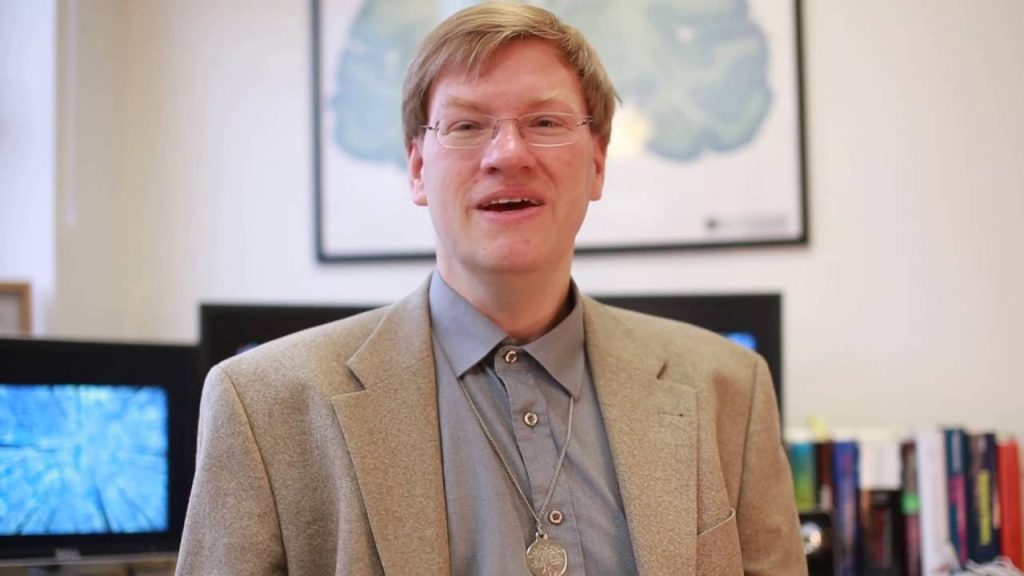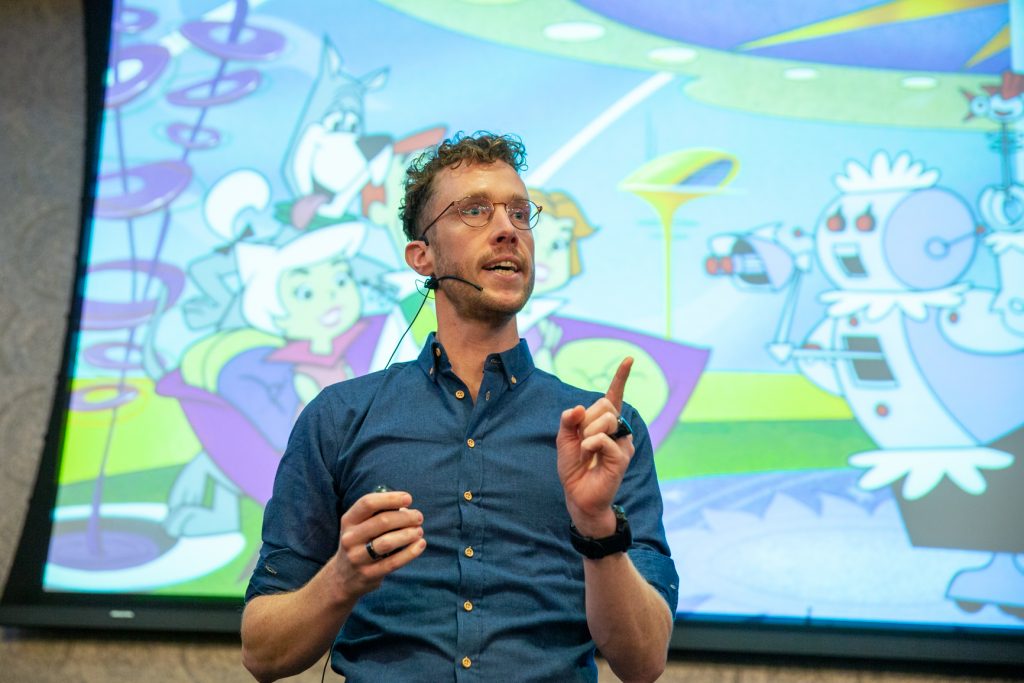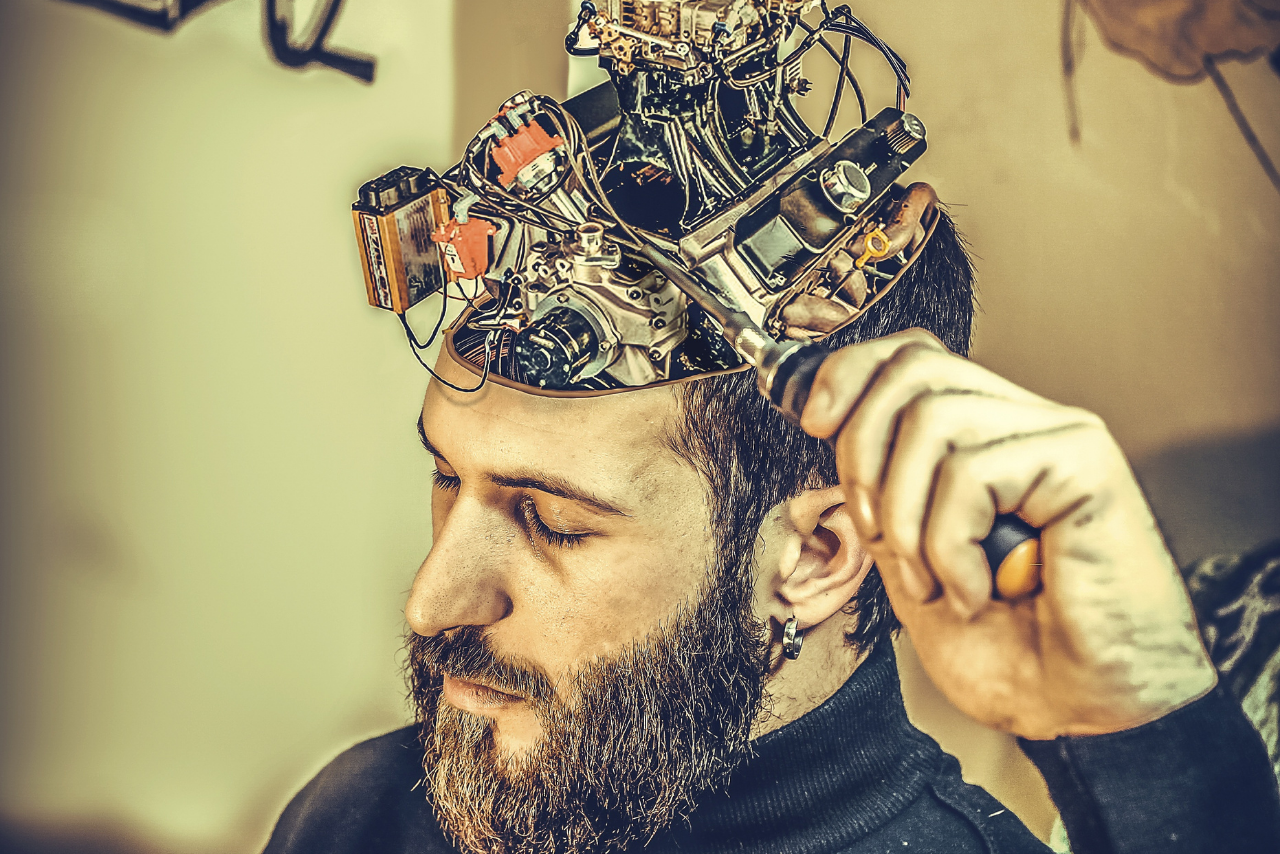Human Enhancement Research, Scientists & Journals. What are the best articles, journals (3x) and meetings (9x) on human enhancement science? This article dives into human enhancement as a field of research itself.
By the way, I have written an extensive article about human enhancement, and also about technologies (like genetic modification and drugs), ethics, and movies.
In this article I write about these topics:
- Journals
- Meetings, like conferences and symposia
- Projects
- Scientists
- Approaches and classification of human enhancement technologies
Journals in this domain
Journals human enhancement (3x)
What are the best scientific journals about human enhancement?
And what about the best articles? Of course, it depends on which subtopic or area you are focusing on. Based on the number of citations in Google Scholar, this is the top 3:
- Article Ethical issues in human enhancement by Bostrom and Roache;
- Article Ethics of Human Enhancement: 25 Questions & Answers by Allhof e.o.
- Article Moral Status and Human Enhancement by Buchanan.
If you are missing a journal or an article, leave a comment!
Meetings, conferences and symposia.
Human Enhancement meetings (9x)
What are international meetings on human enhancement? There a couple of seminars and conferences that I attended, as a speaker or as an attendee.
- Conference Augmented Human: scientific gathering on augmenting human capabilities;
- Conference Augmented Humans: enhance human capabilities and focus on societal change;
- Conference Beyond Humanism: focus on philosophical and ethical themes;
- Conference Brave New World: interesting mixture with scientists, artists and writers;
- Conference Biohacker Summit: pretty broad, also about improving one’s lifestyle;
- Conference CRISPRcon: about genetic engineering;
- Conference BDYHAX: open meeting with a hacker culture (conference is currently on pause)
- Conference Undoing Aging: scientific congress about increasing longevity;
- Symposium on Health Aging: European gathering about increasing lifespan.
If you organize a conference, symposium or meeting about (research on) human enhancement, please leave a comment at the bottom of this article.
Augmented Humans 2021
In 2021, I made a video about the Augmented Humans Conference. You can also watch the video on my YouTube channel.
Research and science projects concerning human enhancement.
Projects
What are relevant projects in this domain?
SIENNA Project
One of the themes of the SIENNA Project is human enhancement. The other themes are robotics and AI, and genomics and genetics. The SIENNA project has received funding by the European Union and is co-ordinated by the University of Twente (Netherlands) and Trilateral Research (United Kingdom). The goal of the project is to conduct an ethical, legal and social analysis.
In 2021, I made a video about the SIENNA Conference. You can also watch the video on my YouTube channel.
Other projects worth mentioning are:
- Human Enhancement and Work by the Royal Society (United Kingdom);
- Scientific Responsibility Human Rights Law by the AAAS, the American Association for the Advancement of Science (United States).
Both projects have been completed. By the way, if you are missing relevant projects: let me know!
Scientists and researchers in this domain.
Scientists
What are the best know scientists on the area of human enhancement?
- Julian Savulescu
- Nick Bostrom
- Anders Sandberg
Some of these scientists, like Bostrom and Sandberg, are also associated with the field of transhumanism.
Julian Savulescu
Julian Savulescu is an Australian philosopher and bioethicist. He is Uehiro Professor of Practical Ethics at the University of Oxford (United Kingdom).
He is a former editor and board member of the Journal of Medical Ethics (one of the journals I mentioned before). In addition to his background in applied ethics and philosophy, he also has a background in medicine.
In 2019 I interviewed Julian Savulescu for my Youtube Channel:
Nick Bostrom
The Swedish philosopher Nick Bostrom was among the most prominent members of the transhumanist movement. He was the founder of the World Transhumanist Association, an association that has meanwhile merged with Humanity Plus. Bostrom is currently director of the Future of Humanity Institute, an institution affiliated with the University of Oxford in England [link below].
I firmly believe in the general principle of promoting human capabilities
Nick Bostrom
Nowadays he hardly associates himself with transhumanism and focuses primarily on the development and risks of artificial intelligence. In How to be a Machine he tells Mark O’Connel: ‘I firmly believe in the general principle of promoting human capabilities. But with the movement itself I don’t have much left. In transhumanism, technology is thus praised to heavens.’
In particular, the surrender to technology seems to be against him. In his book Superintelligence and in his work in Oxford, he advocates measures to prevent technology from sending us, as humanity, in the wrong direction.

Anders Sandberg
The Swede Anders Sandberg is a writer, researcher and a convinced transhumanist [link below]. He did a PhD research on digitally simulating the brain at the University of Stockholm, Sweden.
He is currently affiliated with the Future of Humanity Institute at the University of Oxford in England. He researches radical methods to improve cognition, neuroethics, mind uploading and the life of humanity in space.

What are helpful approaches and classifications?
Approaches (7x)
There are a couple of definitions of human enhancement. I often use the classifiction by SIENNA:
- A modification aimed at improving human performance and brought about by science-based and/or technology-based interventions in or on the human body.
In the bundle The ethics of human enhancement: Understanding the debate the scholars Chris Gyngell and Michael Selgelid wrote an article about the different approaches to define human enhancement. These are the approaches:
- Constructivist Approach: beneficial alterations that do not treat disease (disease as a state disvalued by society).
- Normal Functioning Approach: beneficial alterations that do not treat disease (disease as a negative deviation from normal functioning).
- Beyond Species Typical Approach: alterations that take people beyond species-typical value for certain traits.
- Beyond Species Maximum Approach: alterations that take people beyond species-maximum value for certain traits.
- Welfarist Conception: alterations that improve wellbeing.
- Modified Welfarist Approach: alterations that give people abnormal biological function and improve well-being.
- Functional Approach: alterations that increase some type of functioning.
In the conclusion of their article they state it is important to be clear about which type of approach you use when discussing human enhancement technologies and methods.
Classifications
There are various classifications of methods for human enhancement. In this article I will highlight two:
- 1 Rathenau Instituut
- 2 Makeable Man book
Below I elaborate and explain the classifications.
1. Rathenau Instituut
The first classification comes from the Rathenau Institute (the Netherlands). The distinction that Rathenau makes is from non-invasive (out of body) to invasive (in body).
- Out of body + measuring.
- Out of body + help.
- In or on body + not permanent.
- In body + permanent.
#1 Outside body + measuring. This is sometimes classified as quantified self. Technology measures, monitors and provides feedback on our behavior. Technology works here as an extra sense organ and measuring instrument.
#2 Outside body + help. A form associated with the previous one where technology will also help us. Take Crystal, a service that provides advice on your social relationships and communication on the internet based on your personal data [link at the bottom].
#3 In or on body + not permanent. This is a fairly broad category, so I will give a few examples:
- Biohackers who wanted to develop infrared vision by taking certain supplements [link at the bottom]
- Swallowing supplements or even microdoses of LSD to improve cognition [link at the bottom];
- Placing electrodes on the skull that send a small weak current through your brain for more focus and concentration [link at the bottom];
The first two examples are in the body and the last example is technology on the body.
#4 In body + permanent. This is when you are going to implant electronics into your body. This is a separate subculture from so-called “DIY grinders”. I also did this myself, with the RFID chip in my hand.
Case studies
However, the definition of when a certain technology falls under human enhancement is not entirely clear. To illustrate that, I give a few examples that, in my opinion, do not fall under human enhancement:
- In category 1 (outside + measuring): if you write in a paper booklet to keep track of your training sessions;
- In category 2 (outside + helping): if you go to school to increase your knowledge;
- In category 3 (in or on + not permanent): wearing glasses or contact lenses to improve your vision;
- In category 4 (in + permanent): a cochlear implant to hear or a pacemaker to support the heart rhythm.
The characteristic of these cases is that they are widely accepted methods or techniques. This is not the case with human enhancement, in which a technique is not used or accepted by everyone.
2. Makeable Man book
In the book Makeable Man Christoph Lüthy makes another classification:
- #1 improvement of existing functions, such as cosmetics and doping;
- #2 adjustment and selection methods in the reproduction of human individuals;
- #3 replacement or extension of natural by artificial bodily interactions, such as organ replacement or cyborg creation;
- #4 methods to adjust behavior.
Personally, I don’t think the fourth category falls under human enhancement. The reason for this is that these are non-permanent interventions that usually apply to groups. Examples of this are the government that wants to encourage citizens to smoke less with cigarette duty, companies that want to use marketing campaigns to convince consumers to buy their products and parents who want to teach their children to eat healthily.
Hire me!
Please contact me if you have any questions! Like if you want to invite me to give a lecture, presentation or webinar at your company, at your congress, symposium or meeting.

Reading list
I wrote these related articles about human enhancement:
- What is human enhancement?
- What are human enhancement technologies?
- What is human genetic enhancement?
- What are human enhancement drugs?
- What are the ethics of human enhancement?
These are relevant books:
These are external links:
- Website Future of Humanity Institute (United Kingdom)
- Website Julian Savulescu
- Website Nick Bostrom
- Website Anders Sandberg
Do you research human enhancement? Or do you have a question? Leave a comment!







Hello
Your article helped me a lot in understanding human enhancement and give me a starting point which I can refer to. I am currently preparing my research proposal for Phd and I am not able to decide in which area should I research in – cyborgs, transhumanism or human enhancement technologies. Along with this I am also not able to connect these concepts with organizations as my area of research is organizational behaviour.It would be very kind of you if you could give me some pointers and also suggest me some readings based on my area of interest.
Thank You